The European Commission on March 26 outlined conditions for lifting sanctions against Russia, while Ukrainian President Volodymyr Zelensky called on the US to continue sanctions against Russia.
EU countries extended the bloc’s two sanctions frameworks against Russia by another six months at the end of January and this month. Any changes to the sanctions require the unanimous agreement of the 27 member states.
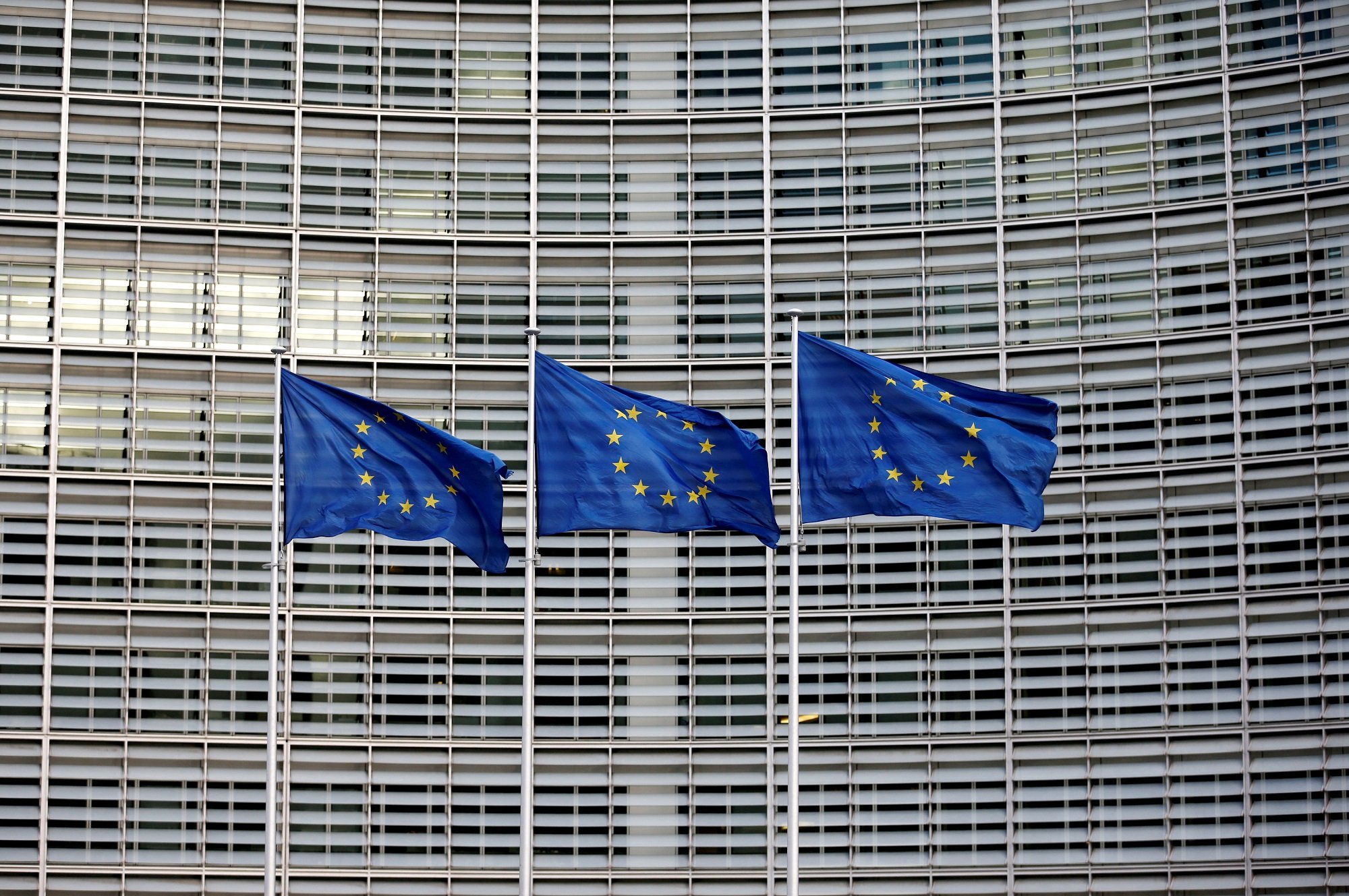
EU flag outside the European Commission headquarters in Brussels (Belgium)
"The cessation of Russia's unprovoked and unjustified aggression in Ukraine and the complete withdrawal of Russian military forces from the entire territory of Ukraine will be one of the main preconditions for revising or lifting the sanctions," a European Commission spokesman stressed, according to Reuters.
There was no immediate word on Russia’s response. On March 25, the United States reached separate agreements with Ukraine and Russia to halt attacks at sea and on energy targets, with Washington agreeing to push for the lifting of some sanctions on Moscow.
Russia said on March 25 that the United States had agreed to support the lifting of a series of Western sanctions and restrictions on food, fertilizer and shipping companies as a precondition for a maritime security deal in the Black Sea.
Diplomats told Reuters that most of the restrictions listed by the Kremlin were related to EU sanctions and restrictions on Russia.
Meanwhile, Ukrainian President Volodymyr Zelensky on March 26 called on the US to continue sanctions against Russia, after a night of Russian drone attacks, according to Reuters.
Mr Zelensky pointed to attacks on his hometown of Kryvyi Rih and Sumy province as questions swirled about the basic details of two ceasefire agreements announced by the US on March 25 after talks in Saudi Arabia.
The Ukrainian military accused Russia of launching 117 drones on the night of March 25 and early morning of March 26, and local officials said Kryvyi Rih was hit by the largest drone attack since Russia launched its military operation in Ukraine on February 24, 2022.
There was no Ukrainian statement saying that Russia had attacked energy infrastructure on the night of March 25 and early March 26, but Mr. Zelensky said the new attacks went against the spirit of the peace talks.
"Conducting such large-scale attacks after ceasefire negotiations is a clear signal to the whole world that Moscow will not pursue real peace," Mr. Zelensky wrote on X.
Meanwhile, the Russian Defense Ministry on March 26 accused Ukraine of continuing to target Russian energy infrastructure despite a statement from President Zelensky that he accepted an agreement between Moscow and Washington to stop such attacks, according to RT.
The Russian Defense Ministry confirmed that the Ukrainian military had made at least three attempts to attack Russian energy facilities in the previous 24 hours.
There is currently no information about Kyiv's or Moscow's reaction to the other side's accusations.
Source: https://thanhnien.vn/eu-neu-dieu-kien-do-bo-lenh-cam-van-doi-voi-nga-185250326184547559.htm



![[Photo] Prime Minister Pham Minh Chinh receives delegation from the US-China Economic and Security Review Commission of the US Congress](https://vphoto.vietnam.vn/thumb/1200x675/vietnam/resource/IMAGE/2025/5/7/ff6eff0ccbbd4b1796724cb05110feb0)




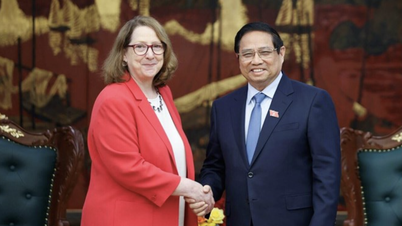



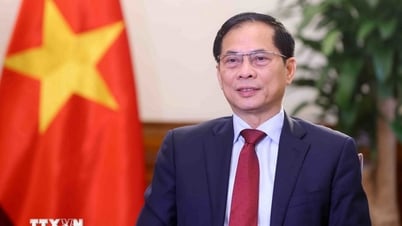

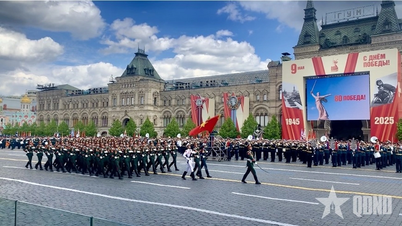





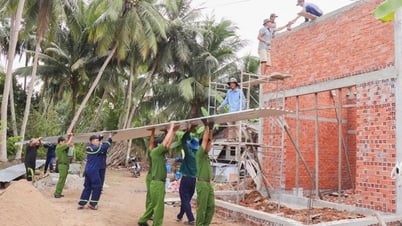
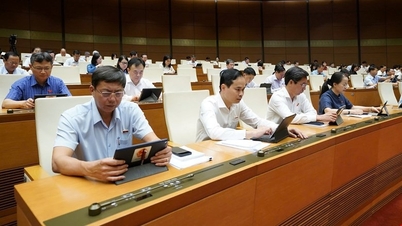
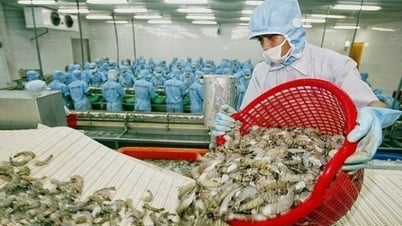






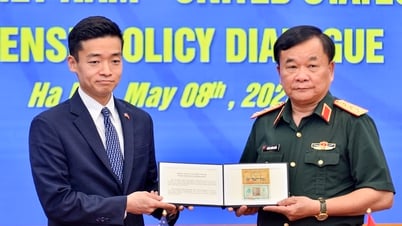




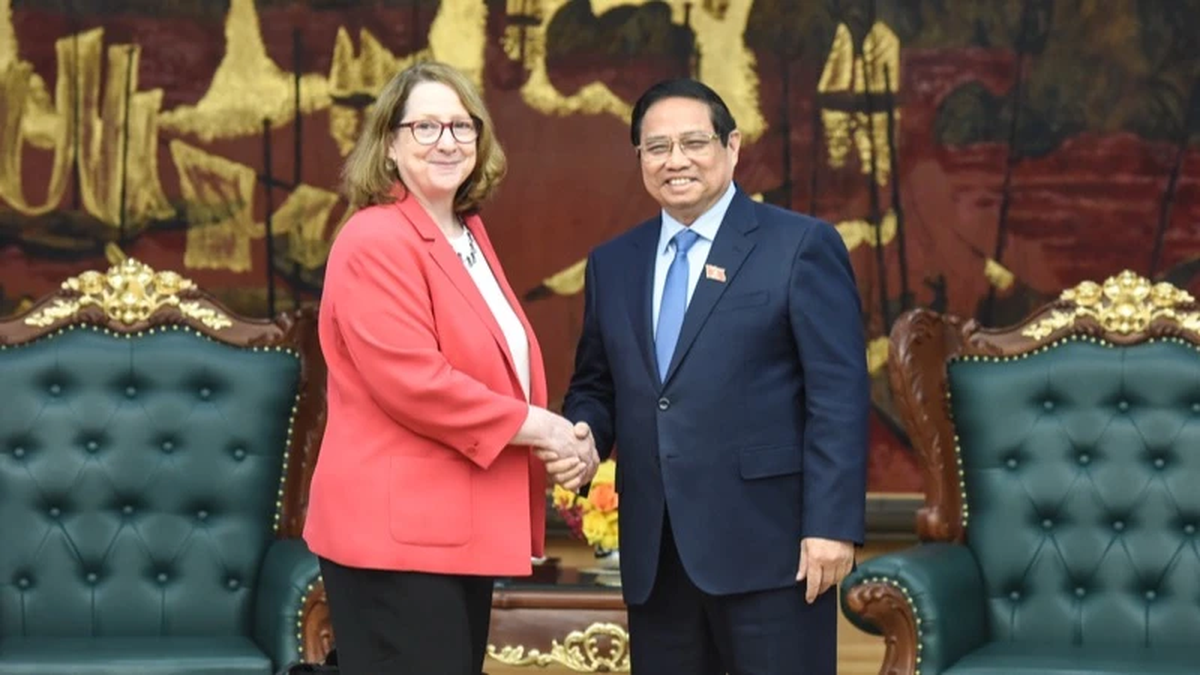



















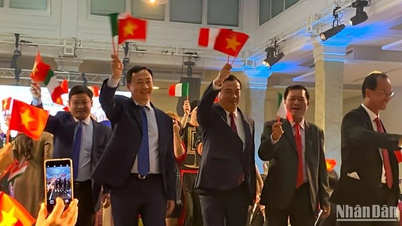




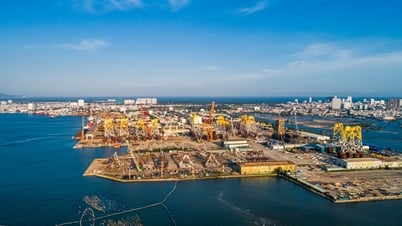

![[Photo] Prime Minister Pham Minh Chinh talks on the phone with Singaporean Prime Minister Lawrence Wong](https://vphoto.vietnam.vn/thumb/402x226/vietnam/resource/IMAGE/2025/5/8/e2eab082d9bc4fc4a360b28fa0ab94de)


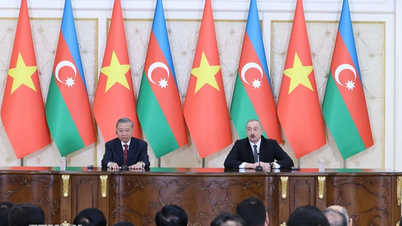
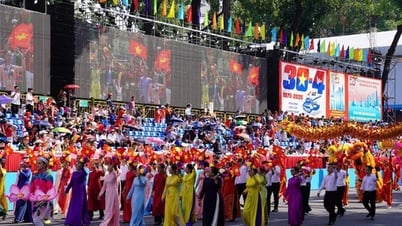


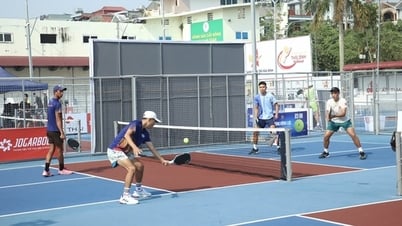

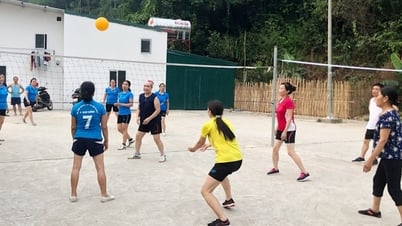


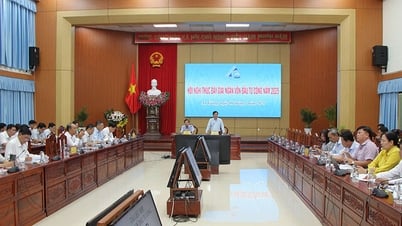

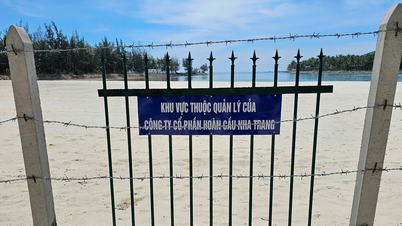

















Comment (0)